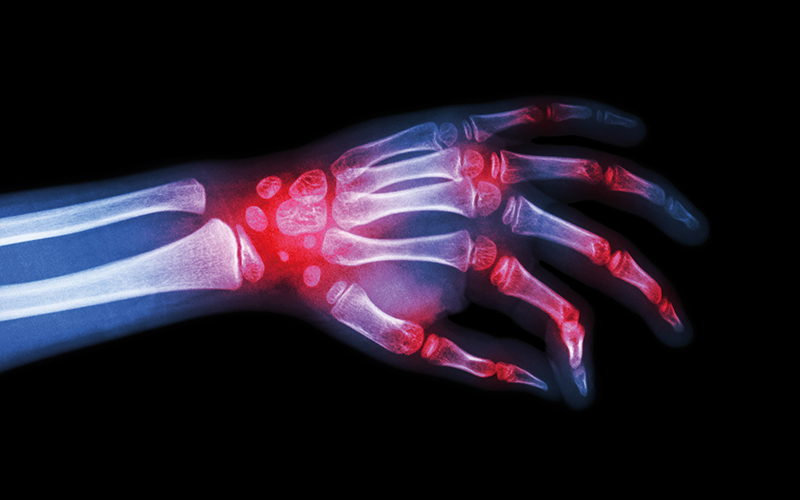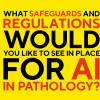Deputy Editor Guy Orchard provides a brief glimpse of the articles on offer in the second issue of 2021.

The hard copy of the Spring issue of the British Journal of Biomedical Science is complete.
We begin the issue (pages 53–57) with a paper by Riah et al. on the over-expression of long non-coding RNA (lncRNA) MCM3AP-AS1 in breast cancer tissues, as this may have a role in carcinogenesis. After using cDNA synthesis and quantitative real-time PCR techniques it was found that the lncRNA MCM3AP-AS1 may be a novel breast cancer lncRNA with high expression levels in breast cancer patients’ tissue.
Thyroid cancer
Switching focus to thyroid cancer, Maruei-Milan et al. studying long non-coding ANRIL RNAs in papillary thyroid cancer discovered that certain ANRIL single nucleotide polymorphisms (SNPs) play a significant part in disease onset and progression. Certain haplotypes of ANRIL SNPs are associated with papillary thyroid cancer. ANRIL rs1333048 and rs4977574 variants were associated with larger and smaller tumour sizes, respectively. rs10757274 and rs1333040 variants might lead to lower III–IV cancer stages. These SNPs may be important in the diagnosis of this form of thyroid cancer.
Please click here to read the full article.




